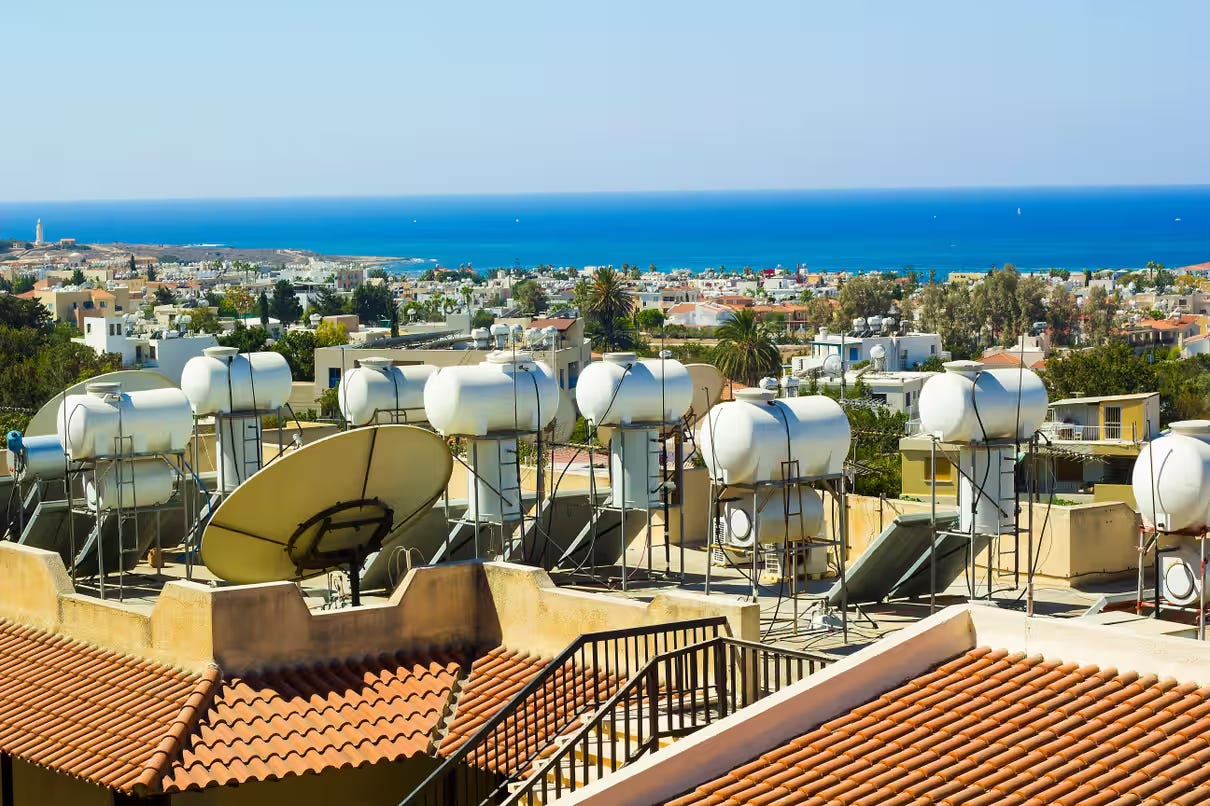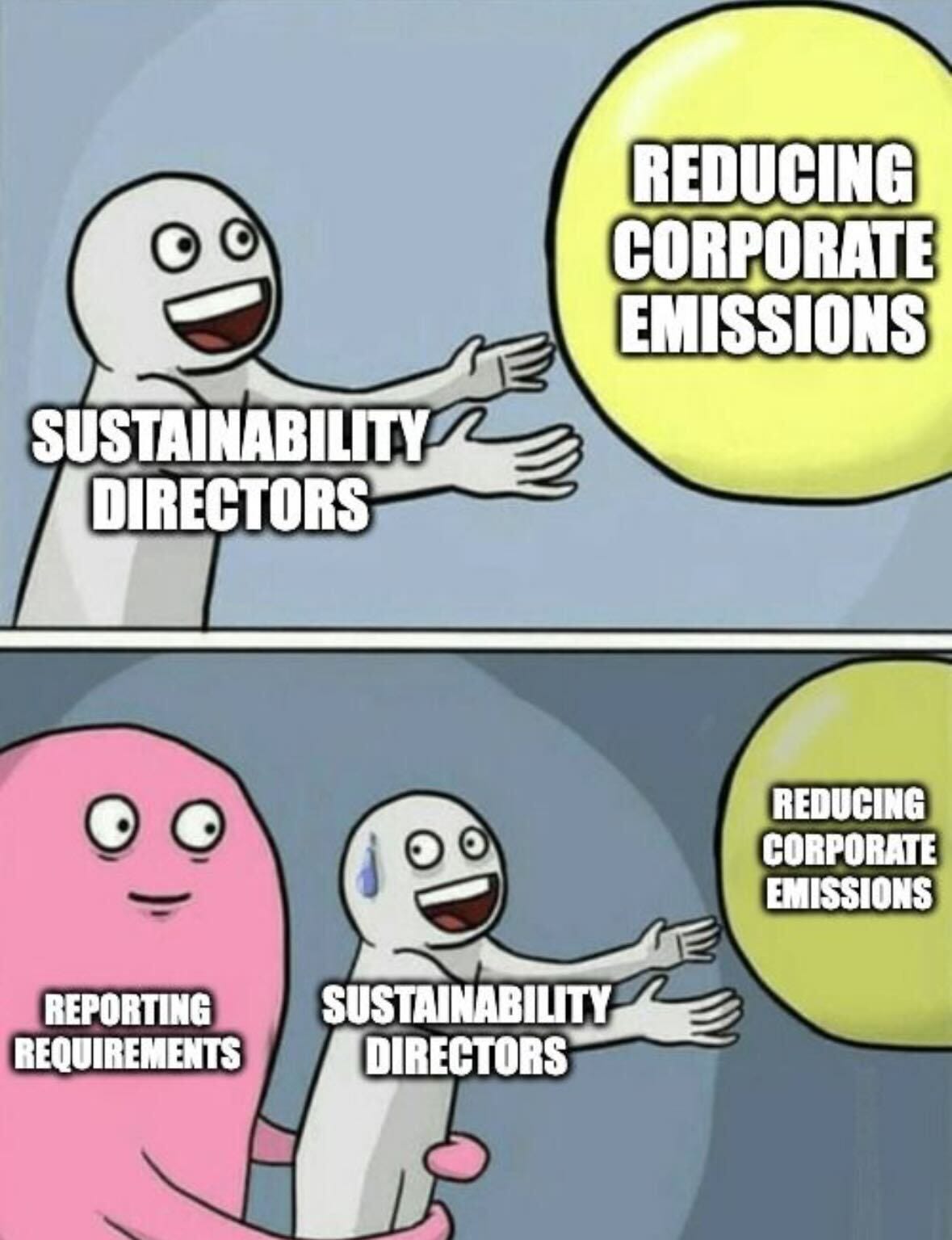🌱 The Grumpy Optimists #136
Zevero raises US$7m to drive sustainability across the world.
Happy Monday. 👋
Welcome back to another episode of The Grumpy Optimists, your bi-weekly climate newsletter recapping all things positive climate news.
This week I’m covering an exciting fundraise from the company I help run, Zevero, the UK taking climate as seriously as terrorism and an interesting report on demand-led climate action.
P.S. It’s always great seeing new people read this blog, if you could be so kind as to share this email with someone you think would enjoy it, I’d greatly appreciate you.
👀 Articles to read
🌍 Zevero secures $7M to drive sustainability across the world. For those of you who don’t know what I do for a day job, I’m very fortunate enough to be a co-founder of a company that makes climate action possible. Our goal has always been to digitise the process of measuring emissions, making it easier and more accessible, so businesses could take more action.
“The whole goal was that instead of spending 10 hours on sustainability and it being nine hours measurement and one hour action, you have one hour of measurement and nine hours of action,” he said.
You can read the article and about me with the link above.
🇬🇧 UK official says climate change more threat than terror. Foreign Secretary David Lammy calls climate change a more significant threat than terrorism and central to foreign policy. Importantly, the UK government sees action on climate change and energy security as a crucial part of foreign policy. This is a reframing I wrote about as the first episode of The Grumpy Optimist.
🔋 Demand-led energy transition could unlock faster progress on climate goals. Companies are being encouraged to shift from providing clean energy solutions customers should buy to ones they want to buy. Focusing on customer needs and creating compelling sustainable products can accelerate the green transition. While supply-side action is vital, relying on it alone is not enough – a demand-led approach can drive deeper, faster change.
☢️ Microsoft and Constellation to revive Three Mile Island reactor to power AI data centres. A new 20-year power deal will restart Pennsylvania’s Three Mile Island nuclear reactor, which closed in 2019. Say what you will about nuclear, but it’s a consistent and relatively cheap way to provide zero-carbon energy. Constellation will invest $1.6 billion in the project, supported by nuclear energy tax credits started in 2022. This comes at a time when a study found that data centre emissions are likely 662% higher than reported.
🔥 Cyprus leads with rooftop solar water heaters in climate push. Cyprus is a leader in solar water heating, with 93% of homes and 53% of hotels equipped with rooftop solar systems. These heaters significantly reduce energy demand, helping the country cut carbon emissions. While Cyprus has relied on oil for electricity, its shift to renewable solutions like solar is key to meeting climate targets.
🪨 Judge blocks UK’s first coal mine in 30 years due to climate concerns. A judge has rejected plans for a new coal mine in Cumbria, citing the flawed assumption that it would be a net zero project. Environmental groups like Friends of the Earth hailed the decision as a significant victory in the fight against climate-damaging projects.
💭 our take: This decision marks a turning point, showing the courts’ increasing recognition of the incompatibility between coal projects and net zero targets. It strengthens the case for clean energy and shows the power of the courts in tackling climate change.
🤝 Climates X Memes
That’s all for this week, folks. This newsletter was written after a long cycle ride to Windsor and what felt like the last of the summer bike rides. I’ve been loving Jamie XX’s latest album, and I hope you do, too. Have a great week.
George, the Grumpy Optimist 💚







Restarting Three Mile Island to power more data centers is a terrible idea. Microsoft is not a benevolent entity. The U.K. is correct that the collapse of our biome is a far greater threat than terrorism, and it is the terrorism wrought on the rest of the planet by the U.K. and U.S. hegemony which created and perpetuates the problem. People who can get by on a fraction of the power and water we use now are going to be a lot safer and happier than the ones who are banking on false solutions.